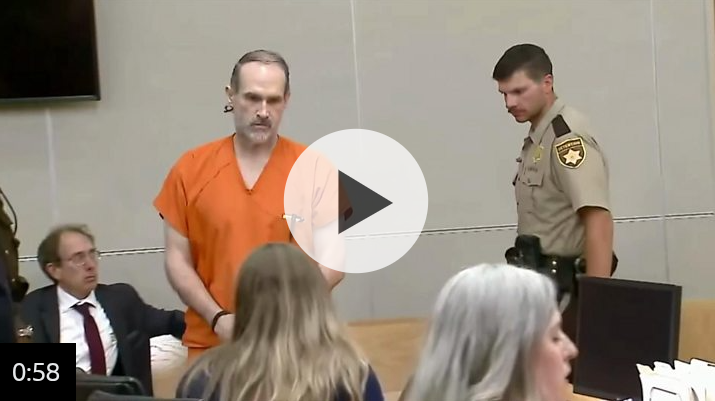The Wisconsin Supreme Court has temporarily suspended Milwaukee County Circuit Judge Hannah Dugan amid serious federal allegations. This decision comes after Dugan was arrested by the FBI and charged with obstructing a federal agency and concealing an undocumented individual to prevent their arrest. The state’s highest court, which holds a slim liberal majority, issued the suspension to preserve public confidence in the judiciary as legal proceedings unfold. Judge Dugan will not be allowed to perform any judicial duties until further notice from the court.
The charges against Judge Dugan stem from an incident at the Milwaukee County Court Complex, where she allegedly intervened to prevent federal Immigration and Customs Enforcement (ICE) officers from detaining Eduardo Flores-Ruiz, a Mexican national facing domestic abuse charges. According to federal agents, ICE had coordinated with the courthouse to arrest Flores-Ruiz after his court appearance on April 18. However, the situation reportedly escalated when Judge Dugan learned of their presence and responded with visible frustration, calling the operation “absurd” and taking steps that prosecutors claim interfered with the arrest.
Witnesses and federal documents allege that Dugan, rather than facilitating a smooth enforcement action, redirected ICE agents to another judicial office and subsequently instructed Flores-Ruiz to exit through a restricted area—bypassing the typical public exit. This action allegedly enabled him to temporarily evade arrest, although ICE agents eventually apprehended him after a foot chase outside the courthouse. Flores-Ruiz had previously been deported in 2013 and returned to the U.S. illegally, according to federal records.
Dugan’s legal team has expressed strong disagreement with both the charges and the Supreme Court’s suspension. In a public statement, her attorneys criticized the court’s decision as premature and unilateral, reaffirming their belief in her innocence and expressing confidence that she would be exonerated. While legal proceedings are ongoing, they emphasized their intention to vigorously contest the federal allegations brought against her.
The case has drawn significant public attention due to its implications for judicial conduct, immigration enforcement, and the responsibilities of state officials when interfacing with federal agencies. As the investigation progresses, the situation underscores ongoing tensions between state judicial institutions and federal immigration authorities, particularly in jurisdictions where differing political philosophies may influence how such interactions are handled. The outcome of Judge Dugan’s case could have lasting effects on legal precedents surrounding judicial interference and federal enforcement authority.



